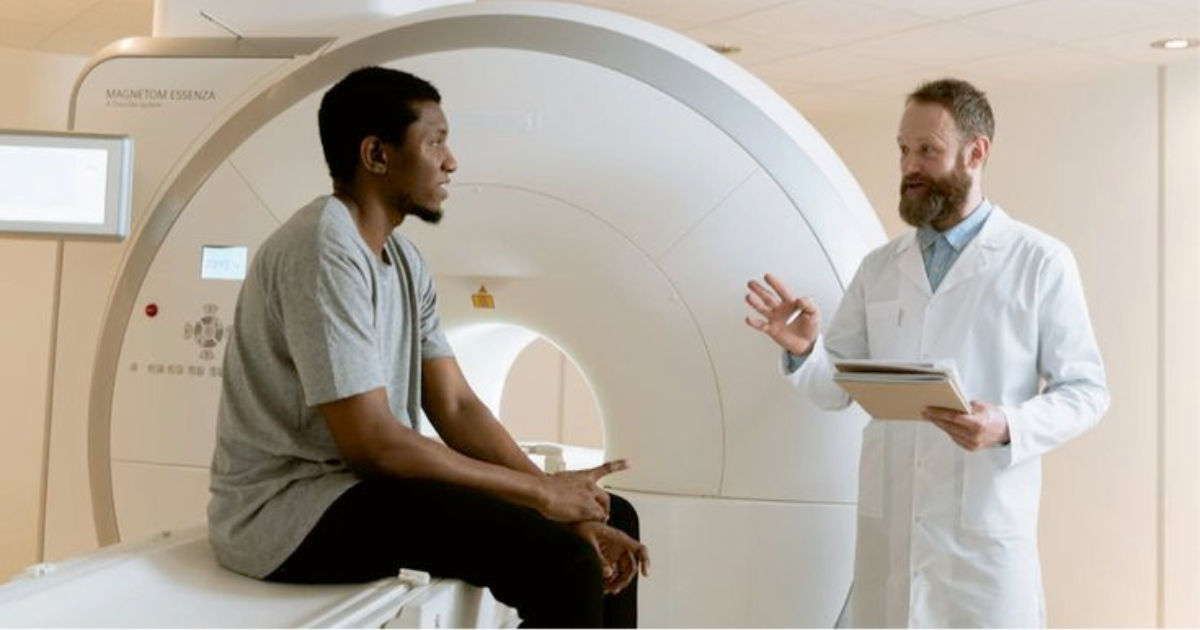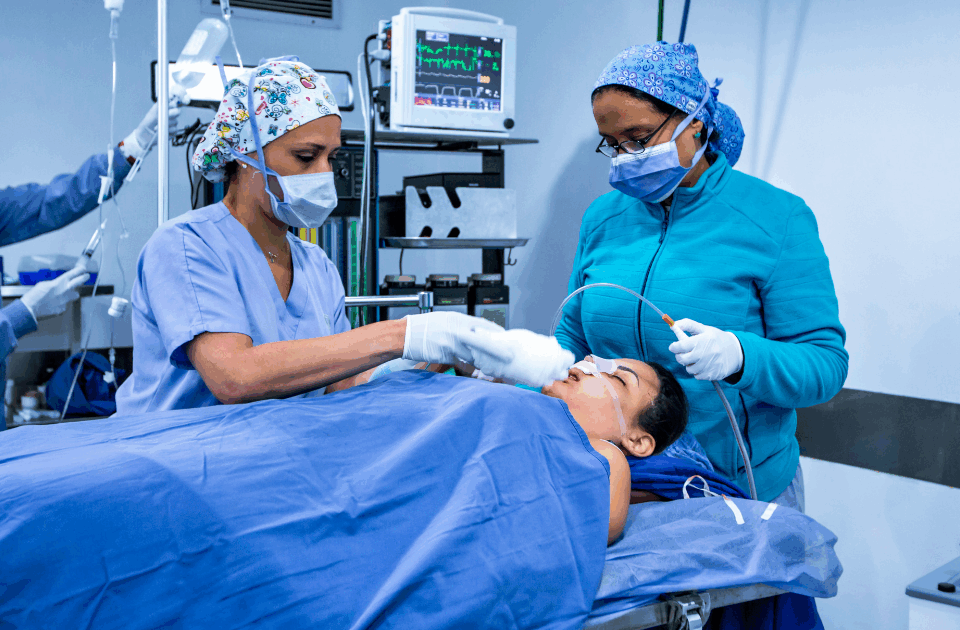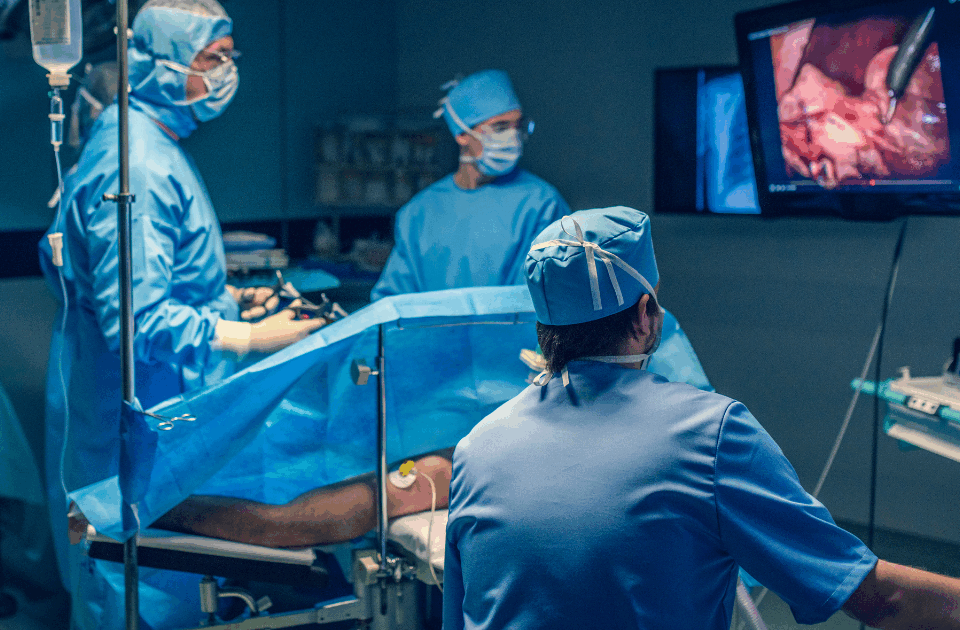
How Novocare’s Experienced Surgeons Make a Difference in Your Surgical Outcomes
September 12, 2025
The Benefits of Laparoscopic Surgery: A Less Invasive Approach at Novocare
September 12, 2025- anesthesia preparation
- minimally invasive surgery
- Novocare experienced surgeons
- Novocare Hospital surgical services
- Novocare surgery guide
- Novocare surgical outcomes
- patient education surgery
- patient-centered surgery
- postoperative care
- preoperative preparation
- robotic-assisted surgery
- surgical care planning
- surgical recovery tips
- surgical safety
Introduction
Surgery can be a life-changing experience, but it often comes with anxiety, questions, and uncertainty. Understanding what to expect before, during, and after surgery can help you feel more confident and prepared.
Novocare Hospital emphasizes patient-centered care, offering not only advanced surgical technologies but also a comprehensive surgical journey that prioritizes safety, comfort, and recovery.
This guide provides a detailed roadmap for patients, covering:
- Preoperative preparation
- The surgical process
- Postoperative recovery
- Benefits of Novocare’s approach
- Frequently asked questions
By following these guidelines, patients can reduce anxiety, optimize outcomes, and recover faster.
1. Before Surgery: Preparation and Planning
Proper preparation is crucial to surgical success. Novocare Hospital ensures patients receive thorough evaluation and guidance before their procedures.
1.1 Preoperative Assessment
Before surgery, a detailed evaluation is conducted, which includes:
- Medical History:
- Chronic illnesses, allergies, past surgeries
- Medication usage
- Family medical history
- Physical Examination:
- Vital signs, heart, lung, and abdominal assessments
- Focused evaluation related to the type of surgery
- Laboratory Tests:
- Blood work: CBC, liver, and kidney function tests
- Urinalysis and coagulation profile
- Imaging Studies:
- X-rays, MRI, CT scans, or ultrasounds to assess surgical areas
- Specialist Consultations:
- Cardiology, pulmonology, or endocrinology consultations for high-risk patients
Benefit: Thorough preoperative assessment ensures optimal safety and reduces surgical complications.
1.2 Informed Consent
Novocare emphasizes patient understanding. Before surgery, the patient is guided through:
- Procedure Explanation: Step-by-step overview of the surgery
- Risks and Benefits: Including potential complications and expected outcomes
- Alternative Treatments: Non-surgical options or different surgical techniques
- Patient Questions: A chance to clarify doubts and express concerns
Outcome: Patients feel confident and fully informed about their care plan.
1.3 Preoperative Instructions
Following hospital guidelines ensures safe surgery and smoother recovery:
- Fasting Guidelines: Avoid food and drink 6–12 hours prior to surgery depending on anesthesia type
- Medication Instructions: Discontinue or continue medications as advised (e.g., anticoagulants, antihypertensives)
- Hygiene Measures: Pre-surgery cleansing, sometimes using antiseptic solutions
- Transportation Arrangements: Patients should have a companion for discharge
- Lifestyle Adjustments: Stop smoking and limit alcohol consumption before surgery
1.4 Psychological Preparation
Novocare understands the emotional impact of surgery:
- Preoperative counseling to reduce anxiety
- Patient education sessions on what to expect
- Relaxation techniques and stress management
Benefit: Patients experience less stress and better surgical outcomes.
2. During Surgery: The Surgical Process
Novocare ensures that surgery is conducted in a safe, sterile, and technologically advanced environment.
2.1 Admission and Preoperative Area
- Patients are admitted and prepared in a dedicated pre-op area
- Vital signs are checked and monitored
- Anesthesia consultation confirms type and dosage
- Intravenous lines and monitoring equipment are set up
2.2 Anesthesia Administration
An experienced anesthesiologist provides:
- General Anesthesia: For major surgeries, ensuring complete unconsciousness
- Local or Regional Anesthesia: For minor procedures or limb surgeries
- Sedation: In combination with local anesthesia for comfort
- Monitoring: Continuous tracking of heart rate, blood pressure, oxygen, and respiratory status
Benefit: Ensures pain-free and safe surgery.
2.3 Surgical Team and Technology
Novocare’s experienced surgeons lead procedures, supported by:
- Surgical nurses and assistants
- Advanced surgical equipment, including robotic-assisted or laparoscopic tools
- High-definition imaging and magnification
- Sterile operating rooms with strict infection control
Outcome: Precision, efficiency, and minimized risk during surgery.
2.4 Intraoperative Process
- Patient Positioning: Ensures optimal access and comfort
- Incision and Procedure: Performed with advanced tools and magnified visualization
- Monitoring: Surgeons adjust in real-time based on observations and patient vitals
- Hemostasis: Blood loss is minimized using advanced techniques
Benefit: Reduced complications, faster recovery, and enhanced surgical outcomes
Table: Types of Surgeries and Intraoperative Features
| Surgery Type | Anesthesia | Tools Used | Key Benefits |
|---|---|---|---|
| General Surgery | General/Local | Laparoscopy, robotic tools | Minimal trauma, faster recovery |
| ENT Surgery | Local/General | Endoscope, laser | Precise tissue removal |
| Orthopedic Surgery | Regional/General | Power instruments, imaging | Accurate joint alignment |
| Cardiothoracic | General | Robotic-assisted, heart-lung machine | Precision, reduced risk |
| Gynecology | General | Laparoscopic/robotic | Minimally invasive, less blood loss |
3. After Surgery: Postoperative Care
Proper postoperative care is critical for recovery, complication prevention, and patient comfort.
3.1 Immediate Recovery
- Patients are moved to the Post-Anesthesia Care Unit (PACU)
- Continuous monitoring of vitals
- Pain management with medications
- Observation for bleeding, infection, or anesthesia reactions
3.2 Hospital Stay
- Duration depends on the procedure
- Minor surgeries: same-day discharge
- Major surgeries: 2–7 days
- Nurses provide wound care, mobility support, and nutrition guidance
3.3 Home Care and Recovery
- Medication Management: Pain relief, antibiotics if needed
- Wound Care: Instructions for dressing changes and hygiene
- Diet and Hydration: Nutritional support for healing
- Physical Activity: Gradual return to movement and exercise
- Follow-Up Visits: Regular evaluation of surgical site and overall health
Benefit: Faster recovery, fewer complications, and better long-term outcomes
3.4 Rehabilitation
- Physiotherapy for orthopedic, cardiovascular, or neurological surgeries
- Speech therapy for ENT or head-neck surgeries
- Lifestyle guidance for chronic conditions like diabetes or hypertension
Outcome: Ensures functional recovery and long-term wellness
4. Patient-Centered Approach at Novocare
Novocare prioritizes holistic care, addressing physical, emotional, and psychological needs:
- Personalized surgical plans
- Pre-op counseling and education
- Postoperative support, including home care guidance
- Multidisciplinary approach involving surgeons, nurses, anesthesiologists, and therapists
Benefit: Patients feel supported throughout their surgical journey
5. Benefits of Novocare’s Surgical Services
- Advanced Technology: Robotic-assisted and minimally invasive surgery
- Experienced Surgeons: Expertise across multiple specialties
- Patient Safety: Strict protocols, sterile environment, continuous monitoring
- Efficient Recovery: Faster healing and reduced hospital stay
- Comprehensive Support: Education, counseling, and follow-up care
Table: Key Benefits Before, During, and After Surgery
| Stage | Key Services | Patient Benefit |
|---|---|---|
| Before Surgery | Pre-op assessment, counseling, medication management | Reduced anxiety, safer surgery |
| During Surgery | Experienced surgeons, advanced tools, anesthesia | Precision, minimal complications |
| After Surgery | PACU monitoring, home care, rehabilitation | Faster recovery, improved outcomes |
6. Frequently Asked Questions (FAQs)
Q1: How long should I fast before surgery?
A1: Typically 6–12 hours depending on anesthesia type; your surgeon will provide instructions.
Q2: Will I experience pain after surgery?
A2: Mild to moderate pain is expected and managed with prescribed medications.
Q3: How soon can I return to work?
A3: Minor procedures: 1–2 days; major surgeries: 1–3 weeks depending on recovery.
Q4: Are robotic or minimally invasive surgeries safer?
A4: Yes, they reduce complications, blood loss, and recovery time.
Q5: Do I need a companion after surgery?
A5: Yes, for safe transportation and initial post-op support.
Q6: How often are follow-up visits required?
A6: Usually 1–2 weeks after surgery, then as advised by your surgeon.
Q7: Can children undergo surgery at Novocare?
A7: Yes, pediatric surgeries are performed with specialized care.
Q8: What precautions should I take at home?
A8: Follow wound care instructions, medication schedules, diet, and physical activity recommendations.
Q9: Are surgical complications common?
A9: Complications are rare due to experienced surgeons and strict protocols.
Q10: How does Novocare ensure patient safety?
A10: Through preoperative assessment, sterile techniques, continuous monitoring, and expert surgical teams.
7. Success Stories
Case 1: A 45-year-old patient underwent robotic-assisted hernia repair. Minimal pain and same-day discharge.
Case 2: A 60-year-old patient had a hip replacement. Rehabilitation allowed walking within a week and full mobility within a month.
Case 3: A 12-year-old child underwent tonsillectomy. Quick recovery and return to school within 10 days.
These cases highlight Novocare’s commitment to safe, efficient, and patient-centered surgical care.
8. Tips for a Smooth Surgical Journey
- Follow pre-op instructions carefully
- Ask questions to understand the procedure fully
- Arrange support for transportation and home care
- Maintain a healthy lifestyle to support healing
- Attend all follow-up visits and adhere to rehabilitation plans
Conclusion
Surgery at Novocare Hospital is a well-structured, patient-centered process:
- Before Surgery: Comprehensive assessment, patient education, and preparation
- During Surgery: Expert surgeons, advanced technology, and safe anesthesia
- After Surgery: Postoperative monitoring, home care guidance, and rehabilitation
By understanding what to expect, patients can reduce anxiety, optimize recovery, and achieve the best surgical outcomes.
Novocare Hospital ensures that every patient receives expert care, safety, and support—making surgery a smoother, more confident experience.



